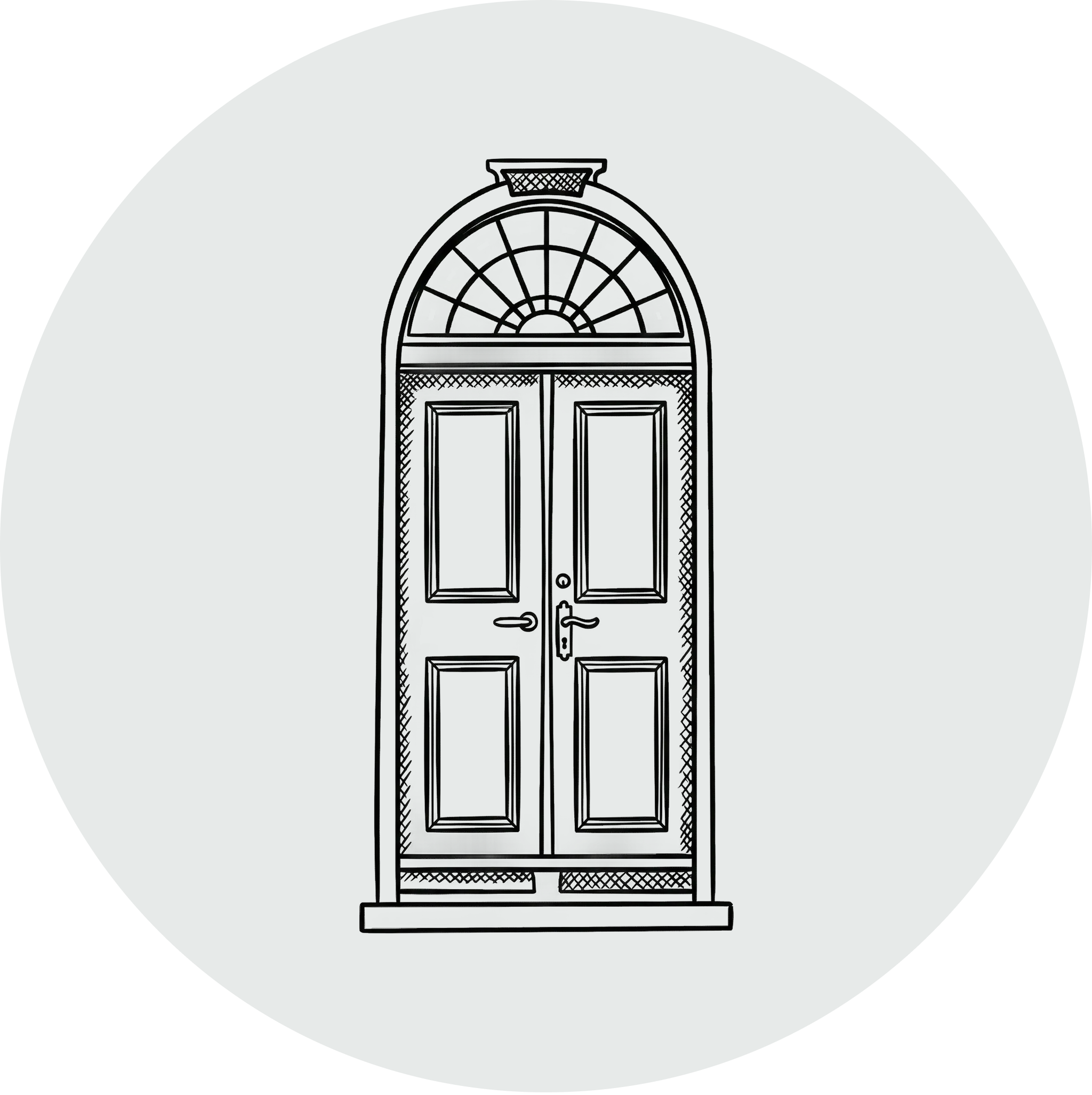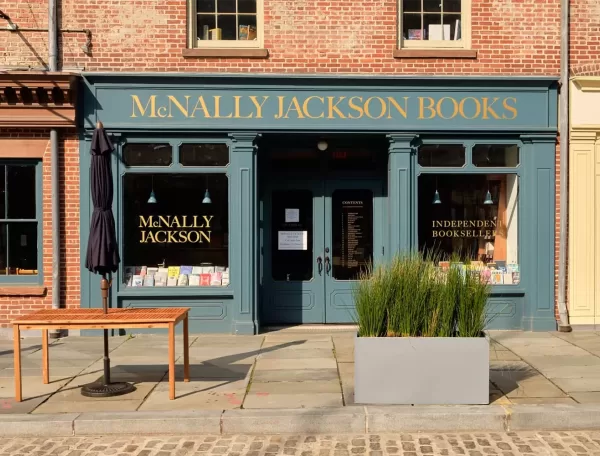The end of the year is often the time for reflection and personal assessment. Some of these considerations can be highly spiritual and evanescent. Yet, December is also an excellent time to look at your worldly possessions and decide whether the capital tied up in them might be better used elsewhere. If you’re keen to make a charitable gift, fund a relative, book a holiday, or pay a tax bill, then freeing up additional capital might be a wise move. Here’s a quick how-to guide.
Fine art
Most of the big auction houses offer simple and relatively transparent ways to consign art for auction. You can upload images and details of a prospective online with Christie’s, for example. If you prefer to keep the sale a little quieter, you can also request a private sale. There are also online services, such as artsy.com, which acts as an intermediary between collectors, galleries and auction houses, and handles works worth $5,000 (£3,800) and up.
How much is yours worth? Well, that primarily depends on who created it. If the provenance of a work is unclear, it might be wise to see whether the artist or the artist’s estate offers an authentication process. Many, including Banksy, Magritte, Chagall and Picasso, provide authentication services. However, beware, if a work
is deemed as inauthentic, the official authenticators may well stamp the piece with a mark, indicating their verdict. They might also have the authority to destroy it altogether.
Wine and whisky
Almost all wine bottled today is best drunk within a year or two. However, those very rare vintages that do improve with age can retain and increase in value. The tricky thing for a successful cellar sale is managing to offer the wine for sale at a point when the market is buoyant, and the vintage itself is well within its drinking life. Some dealers recommend a wine should be sold at least within a year of its drinking life to ensure an optimum sale.
Well-kept whisky is less likely to degrade, and the market may well prove to be more welcoming to sellers. In 2017 Quintessentially pioneered a whisky equity fund having noticed the mismatch between the low level of fine whiskies laid down for maturation a few decades ago, and the high demand for well-aged whiskies today. There are plenty of dealers specializing in both drinks, though a word of warning: beware when selling alcohol privately, as many countries, including the US and the UK, have fairly strict laws governing its sale.
Cars
It doesn’t always matter if your classic car is polished and period-correct, or a bit of a barn find. Dealers such as Cooper Classics in Manhattan or Coys in London will consider fine automobiles in a variety of states of restoration, as many collectors appreciate the opportunity to build up the ride to their own specifications. Indeed, if initially you don’t want to sell your car, but would like to release a little equity – and think the vehicle might have a future on the silver screen – you can look into Cooper Classics’ movie rentals business; the firm leases cars for film shoots, enabling owners to gain a little income, and see their vehicle appear in period dramas.
Jewellery and watches
If you have a piece by Cartier, Tiffany & Co. or Van Cleef & Arpels that no longer gets outside your jewellery box or a rare Rolex or Patek Philippe that is surplus, then perhaps it’s time consign it to the auction block. Large auction houses such as Sotheby’s offer both online and face-to-face appraisals. As with many auction houses, Sotheby’s complimentary estimates have a minimum value requirement: $5,000 in New York, £3,000 in London and HK$40,000 in Hong Kong. Though, if the appraisal goes well, you can agree on a minimum reserve, to make sure that lost sparkle brings you something rewarding in return.
Need help offloading the goods? Reach out to your luxury lifestyle manager for help.

















